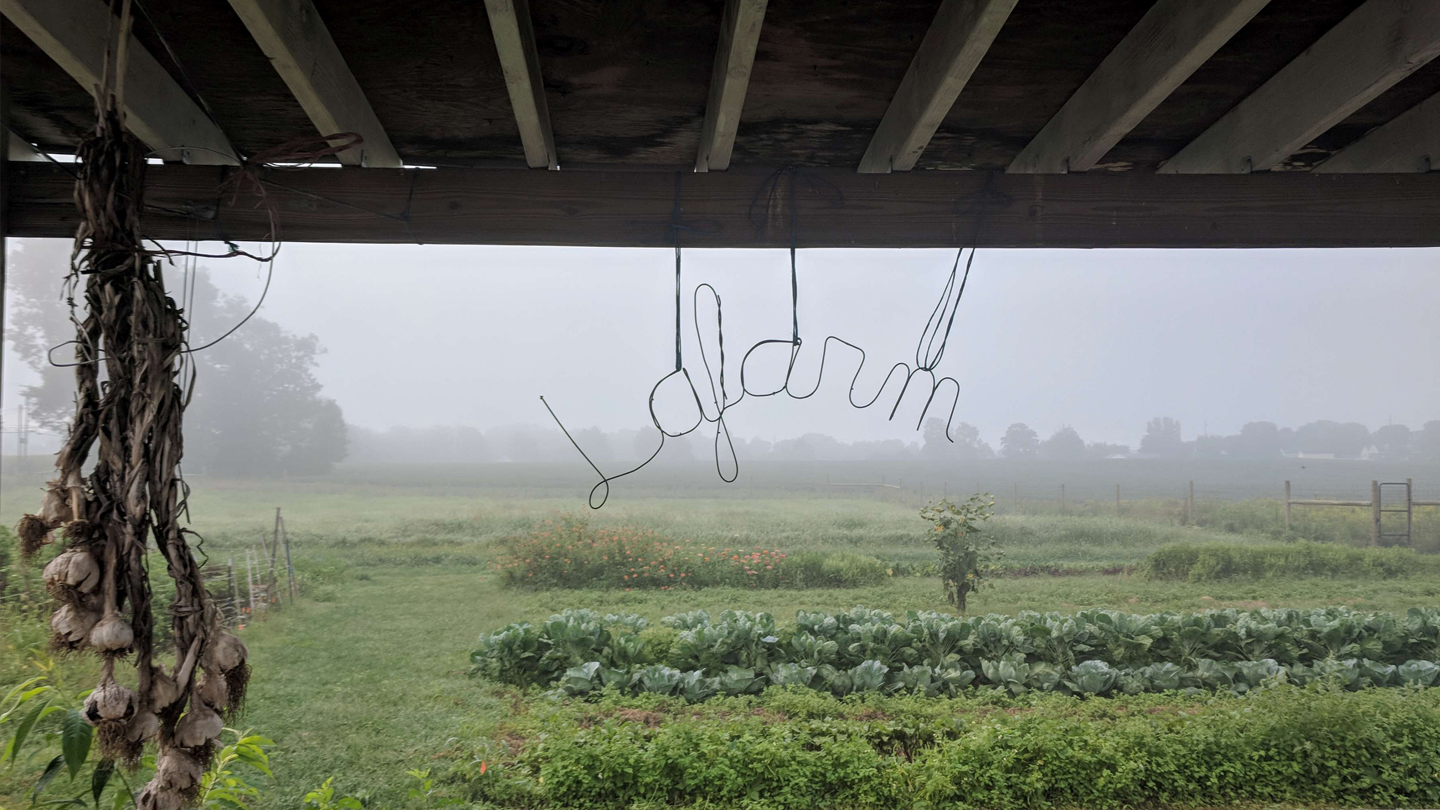A Greener Lafayette
In February, Lafayette’s Board of Trustees unanimously voted to approve the College’s Climate Action Plan 2.0 (CAP), an initiative that will guide the College on a path to achieve carbon neutrality by 2035.
The plan outlines steps to be investigated and implemented over a three-phase timeline. Recommendations cover the areas of energy, waste, and transportation, with a focus on immediate actions that can reduce carbon emissions and improve energy efficiency on campus.
“I am enormously proud that the College has strengthened its commitment to sustainability with the approval of Climate Action Plan 2.0,” says President Alison Byerly. “Lafayette’s unique identity as a liberal arts college with a strong engineering program makes us well positioned to achieve this goal.”
The steps outlined in the plan will advance the College’s aspirations to lead in innovative teaching and learning, promote interdisciplinary connections, be environmentally responsible, and prepare students to be active, engaged citizens.
CAP 2.0 identifies a suite of strategies, including:
- increasing energy efficiency and conservation;
- establishing a “green revolving fund” to provide funding for projects that can reduce environmental impact and operational costs;
- reducing heating and electricity energy consumption;
- investing in renewable energy options, including ones at Metzgar Fields Athletic Complex, where there is a near-term opportunity to achieve on-site carbon neutrality.
Lafayette’s commitment to environmental stewardship is not new. In 2008, under President Dan Weiss, Lafayette joined the American College and University Presidents’ Climate Commitment, which initiated the College’s commitment to achieve carbon neutrality. The College has agreed to conduct an annual inventory of its greenhouse gas emissions and reevaluate its CAP every five years. Since its inaugural CAP, Lafayette has reduced emissions by more than 20 percent—even as enrollment, programming, and building spaces have expanded. In 2017, Byerly signed the “We’re Still In” pledge, expressing a commitment to meeting the goals of the Paris Climate Agreement. The College also has enhanced its curriculum by creating degree programs in environmental studies and environmental science, and positioning sustainability as a core theme in classrooms across campus. Curricular integration is an essential element of the CAP.
“The CAP is designed to leverage the strengths of the College—rigorous academics, experiential learning opportunities, collaborative work—and help make environmental stewardship a pervasive part of our campus culture,” says Kira Lawrence, John H. Markle Professor of Geology and chair of the Department of Geology and Environmental Geosciences.
Understanding Sustainable Food Production
 At the Lafayette Farm, or LaFarm, a 3-acre organic garden adjacent to Metzgar Fields Athletic Complex, students and faculty focus on environmental research projects, such as the creation of a “sustainable food loop” on campus. One of the many contributing factors to LaFarm’s success was a staff position initially funded by the Andrew W. Mellon Foundation and subsequently through the Ludwick Family Foundation through Heidi Ludwick Hanson ’91 before becoming a permanent position at the College. Lafayette received funding from the Pennsylvania Department of Environmental Protection to create a composting program (2008). LaFarm shares produce with residents of Easton’s West Ward through
At the Lafayette Farm, or LaFarm, a 3-acre organic garden adjacent to Metzgar Fields Athletic Complex, students and faculty focus on environmental research projects, such as the creation of a “sustainable food loop” on campus. One of the many contributing factors to LaFarm’s success was a staff position initially funded by the Andrew W. Mellon Foundation and subsequently through the Ludwick Family Foundation through Heidi Ludwick Hanson ’91 before becoming a permanent position at the College. Lafayette received funding from the Pennsylvania Department of Environmental Protection to create a composting program (2008). LaFarm shares produce with residents of Easton’s West Ward through
the Vegetables in the Community program.